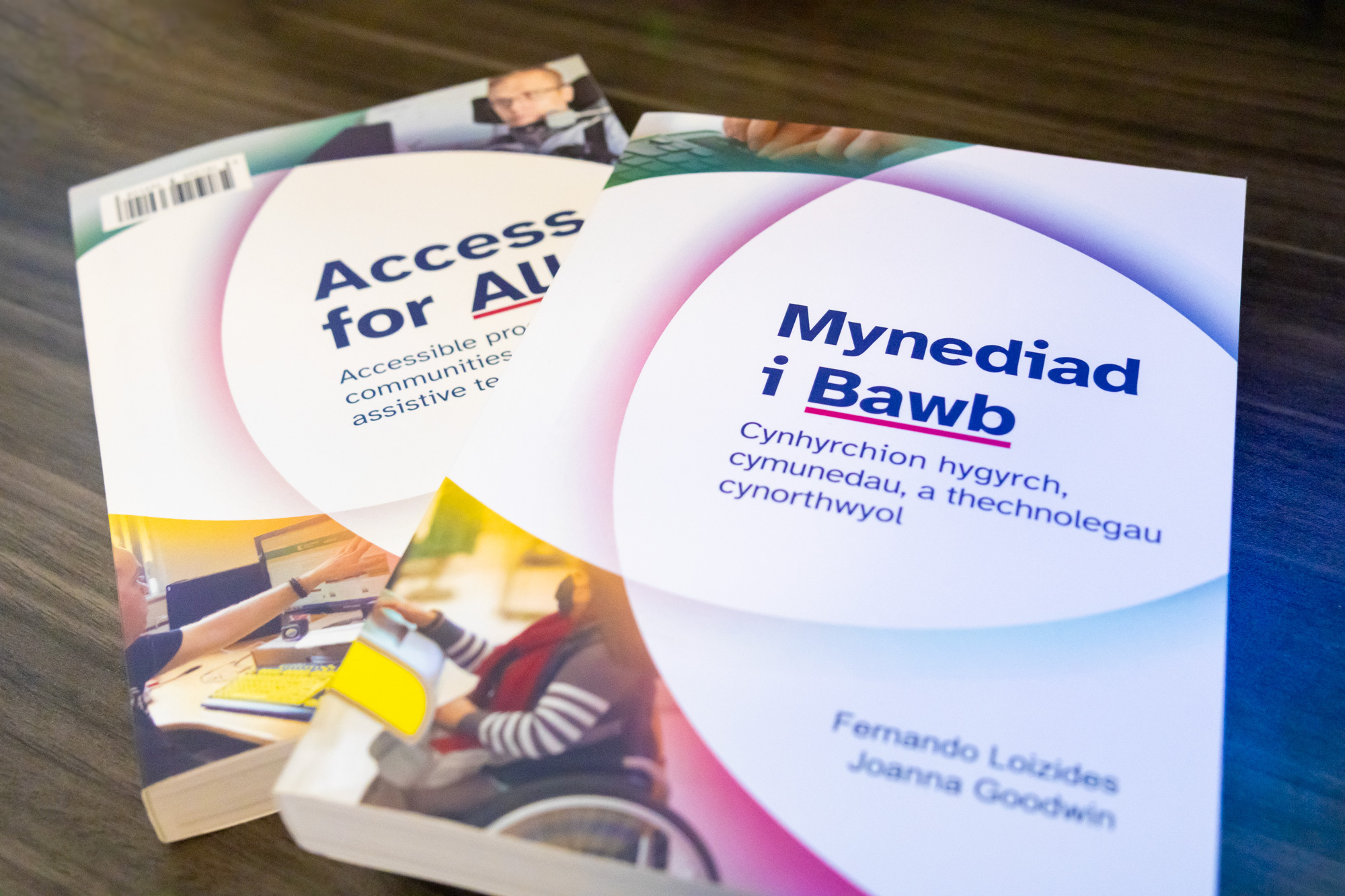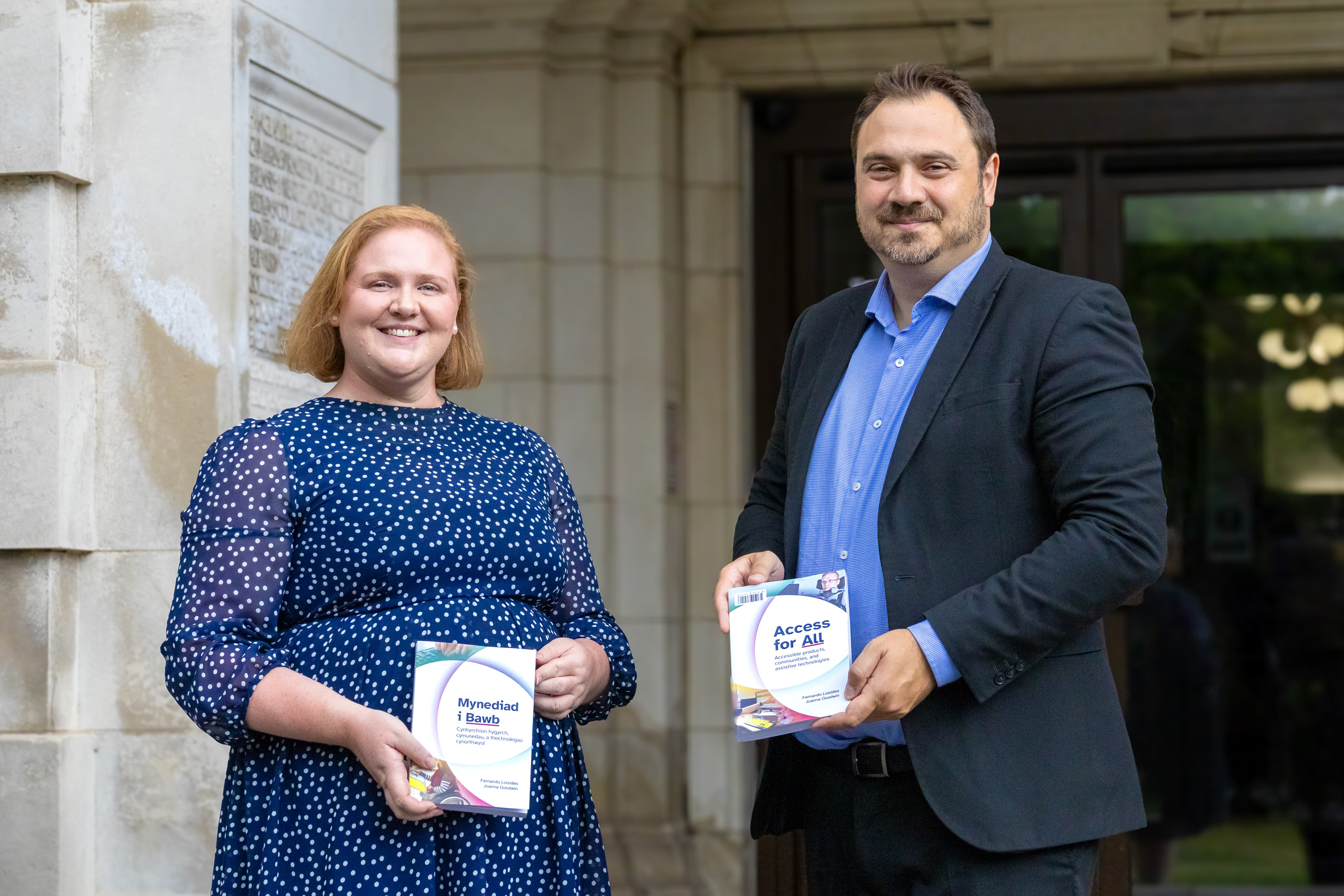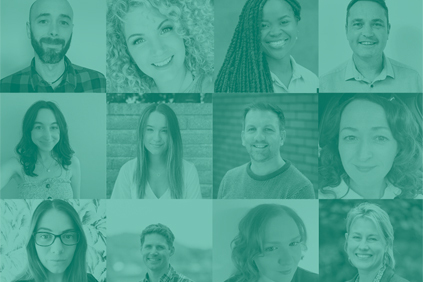
A new book offering insight into accessible digital design will be launched at the National Eisteddfod in Wrexham by the Centre for Digital Public Services (CDPS) and Cardiff University.
Hosted on the Welsh Government stand, the launch event will bring senior public service leaders, lived-experience voices and subject matter experts to discuss why accessibility matters. The themes covered in the session will include how plain language, inclusive design and assistive technologies can transform services for everyone, including Welsh-speakers.
Derek Walker, Future Generations Commissioner for Wales, has written the foreword to Access for All, a new book focused on improving digital accessibility. He writes: “Public services that are neither accessible nor inclusive cannot be called ‘public’. Public services need to be available to all of us.”
“In Wales, our aim is always to deliver good quality public services that are available to everyone. The Well-being of Future Generations Act captures this ambition, particularly in our goal for a more equal Wales and in the behaviours it requires our public bodies to demonstrate.
“Unfortunately, we are not yet where we aspire to be. Too many people still find they cannot access the services they need. Those of us who need to access public services the most are often the most excluded.”
Many disabled people shared their experiences trying to access digital services in the book. One of them lost his eyesight in 2009 and his new life revealed that public and digital services in Wales often fail people like him.
He said: “With impairments, you’re investing double, sometimes triple, the time to do the same task as someone else. And that’s if you can complete it at all.
“One such experience was while I was using the local council app, which was advertised as intuitive and accessible. It was not. I could register but could not complete tasks. I just kept hitting barriers. I couldn’t fill in the form, which meant that I couldn’t finish the process.
Another contributor discusses navigating digital accessibility as a neurodivergent person. She said: “People often assume that accessibility is just about physical impairments, but cognitive accessibility is just as critical.”
“For me, a truly inclusive digital world would be one where I don’t have to struggle to find clarity, where accessibility isn’t an afterthought and where digital tools empower rather than exhaust.”
CDPS recently ran a research project exploring the state of digital accessibility in Welsh public services. The research found some good practice, but also highlighted major challenges – including unclear enforcement of standards, a lack of in-house skills, and poor accessibility in many third-party supplier products.
Building on those findings, the Access for All book offers practical ways to address these issues. Written by Joanna Goodwin, Head of User Centred Design at CDPS, and Fernando Loizides, a Reader in Computer Science and Informatics at Cardiff University, the book shares real-life stories, global best practice, and actionable guidance to help public services design more accessible digital experiences.

Joanna Goodwin, Head of User Centred Design at CDPS, said: “Behind every product, every service, and every policy, there are real people affected by the decisions we make. The stories in our book challenge us to think differently, to listen more closely, and to design with empathy.
“When we do that, something remarkable happens. Take video captions. Originally designed for people with hearing impairments, they’re now used by anyone watching videos in noisy places, quiet offices, or while learning a new language. Designing for people with access needs improves the experience for everyone.
“The Digital Service Standard for Wales demands that we make sure everyone can use our services. This isn’t just policy, it’s a moral imperative rooted in the Well-being of Future Generations Act. Our new book, launching today with Cardiff University, is more than guidance - it’s a call to action.”
Joanna said: “We hope that this new guide will give people a fresh perspective on the importance of designing for accessibility, and a renewed focus on putting inclusivity at the heart of your product and service development.”
Fernando added: “Understanding accessibility is essential because it forms the basis for everything that follows. Without a shared understanding of what it means and why it matters, we can’t hope to build a world that works for everyone.”
